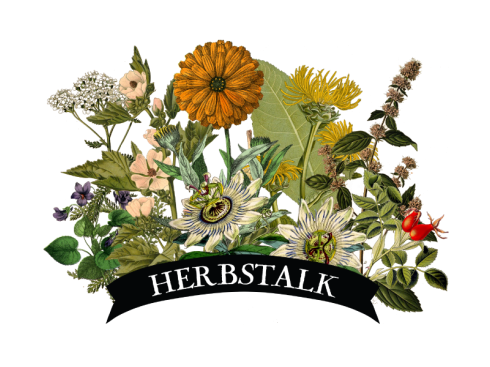|
Submitted by Adam Stark. Persian Silk Tree (Albizia julibrissen) is one of my favorite plants, and not just as medicine, either. It is a graceful, gracious neighbor in the garden. Amidst leaves like ferns, its flowers, like feathers, float like little puffs of smoke. There’s something delicate about Persian Silk Tree, but not exactly. It bends in the wind, but doesn’t break. Its leaves fold inwards on themselves in the dark and in the rain, but always unfurl again. And while its flowers look like they’d blow away in the first light breeze, they hang tough through storms, all the way through summer and into fall. I suppose you might find a metaphor in that resilience. Persian Silk Tree is almost entirely unknown in Western herbalism, and there’s barely a shred of formal research on it anywhere. In China, however, it’s called He Huan – the Tree of Happiness. Folk names for Persian Silk Tree in both the Middle East and Japan reflect that the plant is a “night sleeper” – that its leaves fold in upon themselves when the sun goes down. I was first introduced to Persian Silk Tree about ten years ago at the Medicines from the Earth conference, when the herbalist David Winston called it “the most profound antidepressant” he had ever used in his nearly 30 years of clinical practice. He talked about it for “stagnant depression” and as a remedy for a “broken heart.” I had never even heard of it. Well, I’m the kind of herbalist who likes to down a whole teapot of something before I even offer a drop to a client. So I ran right home and got some. Now, bear in mind I’m not an unhappy person to begin with. Bear in mind, too, that I dosed myself higher than a person probably ought to. But within 3-4 days, I was walking around with an idiot grin on my face for no good reason. I’ve had a fair amount of experience with Silk Tree since then. I’ve given it to quite a few people, alone and in formulas, and it has usually (but not always) worked like a charm. It is a brightening plant, but also a calming one. Persian Silk Tree is especially indicated in a high-energy, high-strung, anxious, agitated, irritable depression, with light or disordered sleep. Sort of what the TCM practitioners describe as “disturbed Shen,” and the Ayurvedic docs call “deranged Vata.” Or for a broken heart. David Winston’s description of “stagnant depression” is a good fit. That being said, it isn’t necessarily limited to one type of depression, or agitation, or restlessness. Combine it with the right herbs, and you can fit it in to most protocols. I use it as a lead herb around depression and grief, and as a secondary herb for chronic stress/sleeplessness, nervous heart, and even ADHD. The bark is considered more grounding; the flowers more uplifting. I have not noticed any huge differences between the two. At a moderate dose, it might take a week or so to start working, but its effects are both pervasive and profound. Cloudy days feel brighter. Sleep welcomes us more readily, and is generally more restoring; waking is less of a chore. ECOLOGY: Persian Silk Tree is an aggressive invasive species in the southern United States. Up here in Massachusetts, it’ll grow (in fact, the photos were all taken in a small Somerville front yard, less than a mile from Herbstalk) but the climate doesn’t entirely suit it. So it’s not going to take over. SAFETY: While I’ve never run into any problems, and there are no reports (to my knowledge) of toxicity, I would suggest that Silk Tree be used cautiously in conjunction with pharmaceutical antidepressants, benzodiazapines, barbituates, and the supplement 5-HTP. Personally, I’ve always been afraid to use neuroactive substances with anti-seizure drugs. As with anything that may benefit anxiety and/or agitation, there’s the chance that taking a whole bunch of it may make you drowsy. DOSING: 1.5-3 ml of the standard tincture, twice a day. Or 15-20 grams of the bark, decocted, throughout the day.  Adam Stark has been working with and writing about herbs for more than 15 years. He is a co-owner at Debra’s Natural Gourmet, and the founder, formulator (and namesake!) at Adam Herbs. Comments are closed.
|
Archives
November 2023
Categories
All
|

 RSS Feed
RSS Feed